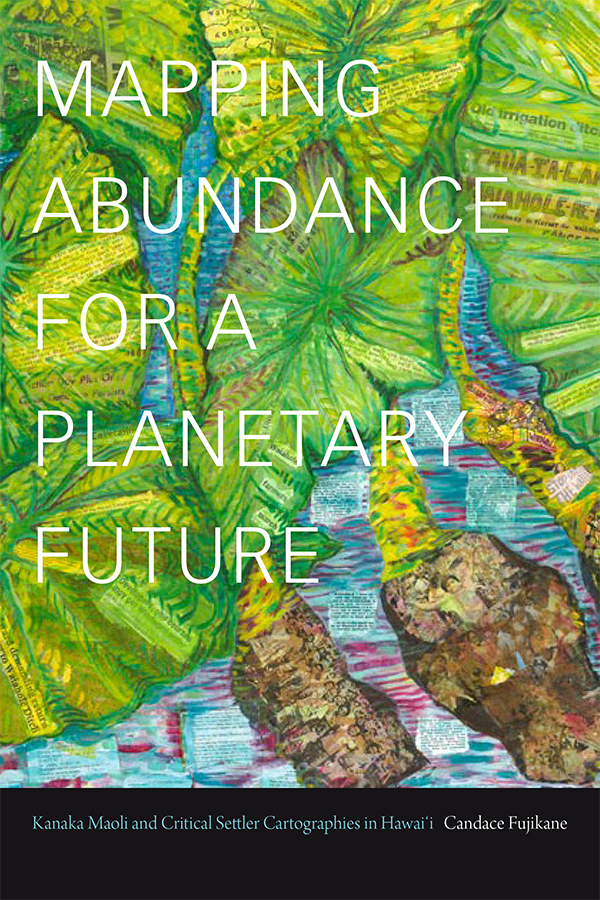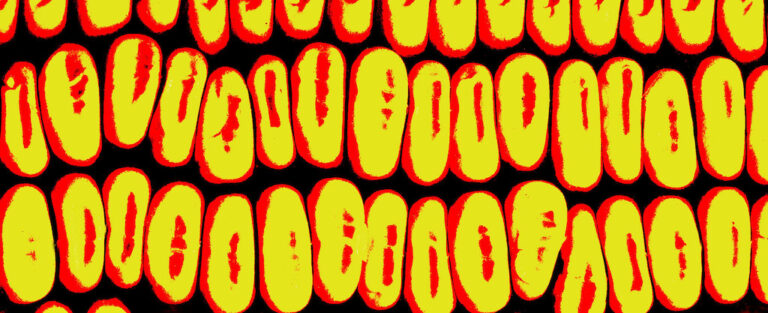Employing the teachings of Indigenous cartographic practices to trouble the Western epistemologies of subdivision that underpin private property development, Candace Fujikane’s Mapping Abundance for a Planetary Future charts out an unabashedly hopeful vision for futures that exceed the dictates of capitalist accumulation. Abundance, as Fujikane shows throughout, is not an ungrounded future wish, or a hazily-defined otherwise that we must collectively imagine. It has already been mapped out for us by Indigenous peoples—in her example, Kanaka Maoli—who have long thrived according to fundamental philosophies of cultivation and relationality.
Keyword: geography
Review of The Anti-Capitalist Chronicles by David Harvey (Pluto Press)
The Anti-Capitalist Chronicles is a collection of accessible, loosely connected essays by influential Marxist geographer David Harvey. Based on episodes of Harvey’s podcast of the same name, the book tackles topics related to the contemporary and historical crises of global capitalism. In nineteen brief, topical chapters, Harvey appropriates and reimagines Marxian categories and anti-capitalist frameworks of various kinds in order to report on the changing shape of global capitalism considered as a historically distinct social formation, the internal logics and contradictions which govern capital’s movements in the world, and the obstacles to be overcome by socialist politics.

